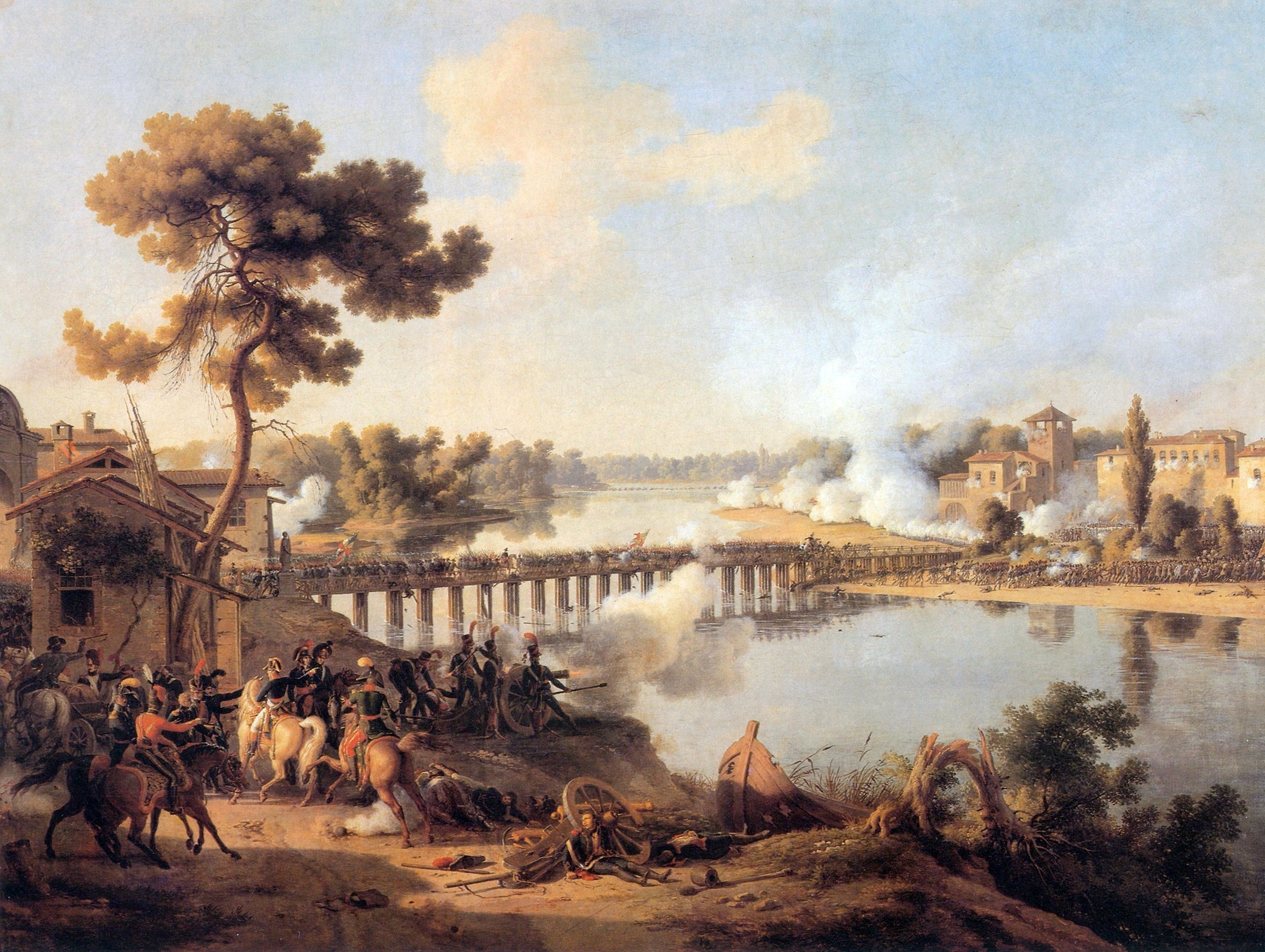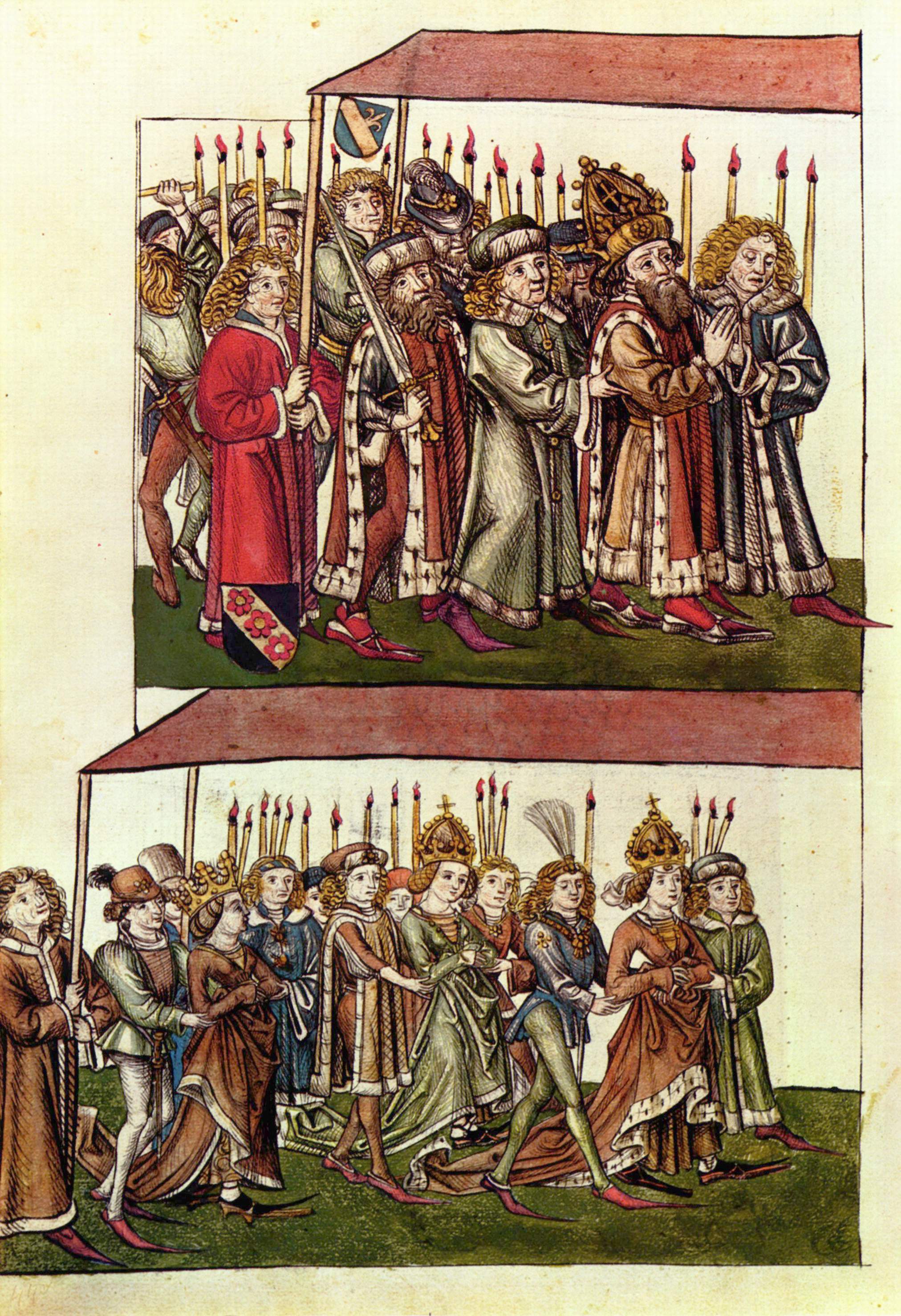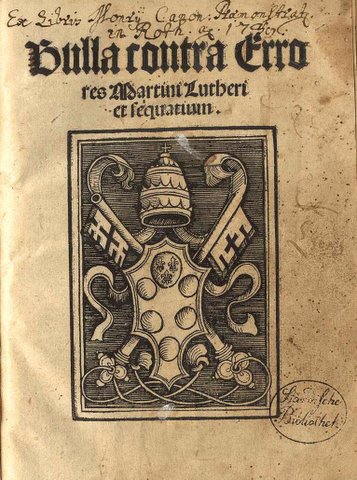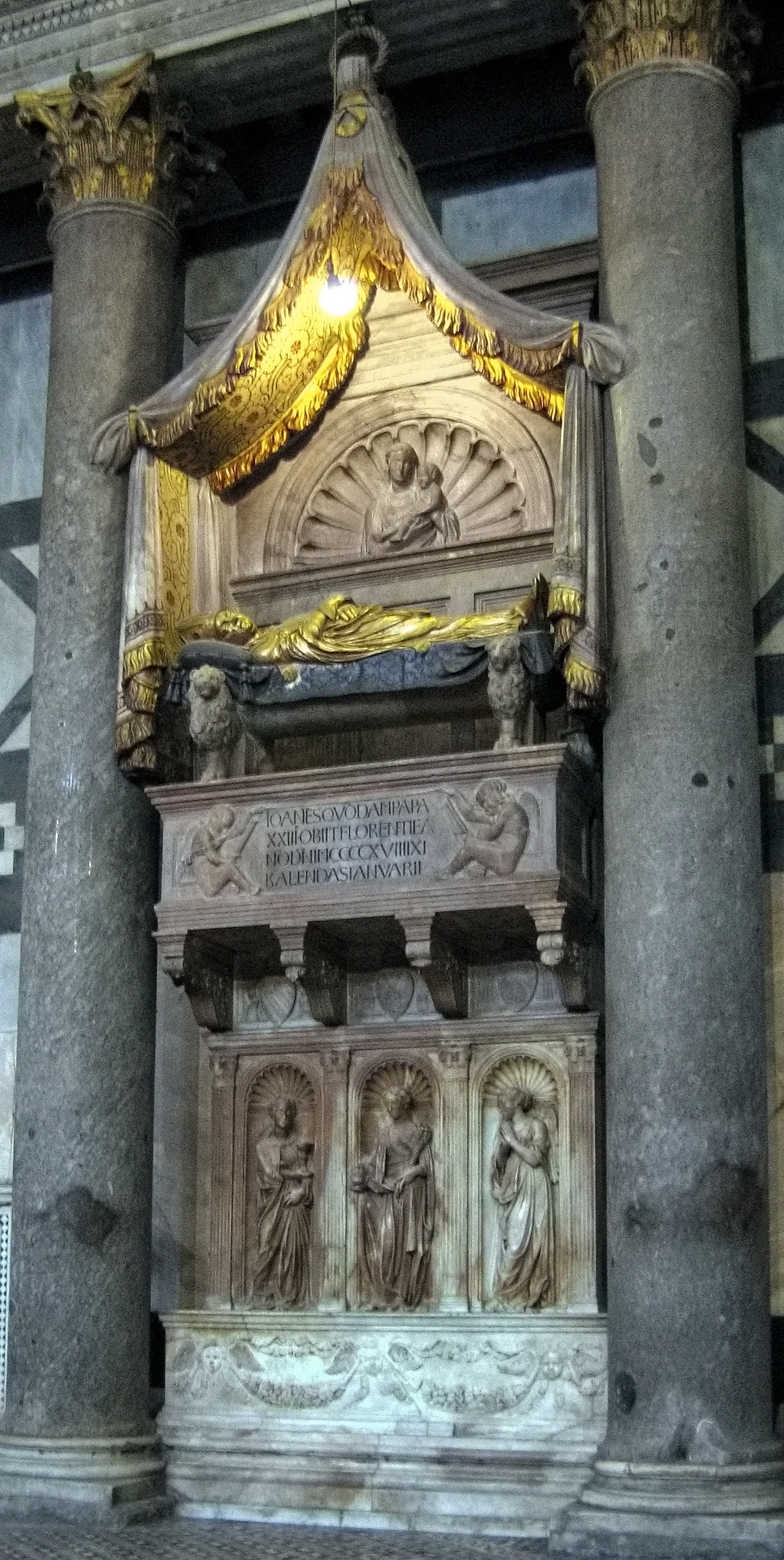|
Lodi, Lombardy
Lodi ( , ; Western Lombard, Ludesan: ) is a city and ''comune'' (municipality) in Lombardy, northern Italy, primarily on the western bank of the Adda River, Italy, River Adda. It is the capital of the province of Lodi. History Antiquity Lodi was a Celts, Celtic village; in ancient Rome, Roman times it was called, in Latin, Laus Pompeia (probably in honour of the consul Gnaeus Pompeius Strabo) and was known also because its position allowed many Gauls of ''Gallia Cisalpina'' to obtain Roman citizenship. It was in an important position where a vital Roman road crossed the Adda (river), River Adda. Lodi became the Holy See, see of a Roman Catholic Diocese of Lodi, diocese in the 3rd century. Saint Bassianus (San Bassiano) is the patron saint of the town. Middle Ages A Medieval commune, free commune around 1000, it fiercely resisted the history of Milan, Milanese, who destroyed it in 1111. The old town corresponds to the modern Lodi Vecchio. Frederick Barbarossa rebuilt it on it ... [...More Info...] [...Related Items...] OR: [Wikipedia] [Google] [Baidu] |
Democratic Party (Italy)
The Democratic Party (, PD) is a Social democracy, social democratic political party in Italy. The party's secretary is Elly Schlein, elected in the 2023 Democratic Party (Italy) leadership election, 2023 leadership election, while the party's president is Stefano Bonaccini. The PD was established in 2007 upon the merger of various centre-left parties which had been part of The Olive Tree (Italy), The Olive Tree list in the 2006 Italian general election, mainly the social democratic Democrats of the Left (DS), successor of the Italian Communist Party and the Democratic Party of the Left, which was folded with several social democratic parties (Labour Federation (Italy), Labour Federation and Social Christians, among others) in 1998, as well as the largely Catholic-inspired Democracy is Freedom – The Daisy (DL), a merger of the Italian People's Party (1994), Italian People's Party (heir of the Christian Democracy (Italy), Christian Democracy party's left wing), The Democrats (I ... [...More Info...] [...Related Items...] OR: [Wikipedia] [Google] [Baidu] |
Adda (river)
The Adda (Latin: *Abdua*, or *Addua*; Lombard: *Ada*, or *Adda*) is a river in North Italy, a tributary of the Po. It rises in the Alps near the border with Switzerland and flows through Lake Como. The Adda joins the Po near Castelnuovo Bocca d'Adda, a few kilometers upstream of Cremona. The river's length is . The highest point of the drainage basin is the summit of La Spedla (a subpeak of Piz Bernina), at . Towns along the river include Bormio, Tirano, Sondrio, Bellagio and Lecco (both on Lake Como), Brivio and Lodi. The Poschiavino, a tributary, originates in Switzerland and flows through the town of Poschiavo. Course The Adda's source is in the Alpisella valley near the head of the Fraele glen, within the Rhaetian Alps. Its flow is augmented by several smaller streams near Bormio. From there, it flows southwest, then west, through the Valtellina, passing Tirano, where the Poschiavino joins from the right, and Sondrio, where the Mallero joins, also fro ... [...More Info...] [...Related Items...] OR: [Wikipedia] [Google] [Baidu] |
Western Schism
The Western Schism, also known as the Papal Schism, the Great Occidental Schism, the Schism of 1378, or the Great Schism (), was a split within the Catholic Church lasting from 20 September 1378 to 11 November 1417, in which bishops residing in Rome and Avignon simultaneously claimed to be the true pope, and were eventually joined by a line of Pisan claimants in 1409. The event was driven by international rivalries, personalities and political allegiances, with the Avignon Papacy in particular being closely tied to the French monarchy. The papacy had resided in Avignon since 1309, but Pope Gregory XI returned to Rome in 1377. The Catholic Church split in September 1378, when, following Gregory XI's death and Urban VI's subsequent election, a group of French cardinals declared his election invalid and elected Clement VII, who claimed to be the true pope. As Roman claimant, Urban VI was succeeded by Boniface IX, Innocent VII and Gregory XII. Clement VII was succeeded as Av ... [...More Info...] [...Related Items...] OR: [Wikipedia] [Google] [Baidu] |
Duomo
''Duomo'' (, ) is an Italian term for a church with the features of, or having been built to serve as a cathedral, whether or not it currently plays this role. The Duomo of Monza, for example, has never been a diocesan seat and is by definition not a cathedral. In a similar way, the town of Asolo has not had its own bishop since the 10th century, but the main church (rebuilt since then) is still called the Asolo Duomo. By contradistinction, the Italian word for a cathedral '' sensu stricto'' is ''cattedrale''. There is no direct translation of "duomo" into English, leading to many such churches being erroneously called "cathedral" in English, regardless of whether the church in question hosts a bishop. Each city or town will have only one ''duomo'', unless there are different denominations involved. Locally, people usually use ''il Duomo'', the ''Duomo'', without regard to the full proper name of the church. Similar words exist in other European languages: ''Dom'' ( German ... [...More Info...] [...Related Items...] OR: [Wikipedia] [Google] [Baidu] |
Council Of Constance
The Council of Constance (; ) was an ecumenical council of the Catholic Church that was held from 1414 to 1418 in the Bishopric of Constance (Konstanz) in present-day Germany. This was the first time that an ecumenical council was convened in the Holy Roman Empire. The council ended the Western Schism by deposing or accepting the resignation of the remaining papal claimants and by electing Pope Martin V. It was the last papal election to take place outside of Italy. The council also condemned Jan Hus as a heretic and facilitated his execution; and it ruled on issues of national sovereignty and the rights of pagans and just war in response to a conflict between the Grand Duchy of Lithuania, the Kingdom of Poland and the Order of the Teutonic Knights. The council is also important for its role in the debates over ecclesial conciliarism and papal supremacy. Constance issued two particularly significant decrees regarding the constitution of the Catholic Church: '' Haec sancta'' ... [...More Info...] [...Related Items...] OR: [Wikipedia] [Google] [Baidu] |
Papal Bull
A papal bull is a type of public decree, letters patent, or charter issued by the pope of the Catholic Church. It is named after the leaden Seal (emblem), seal (''bulla (seal), bulla'') traditionally appended to authenticate it. History Papal bulls have been in use at least since the 6th century, but the phrase was not used until around the end of the 13th century, and then only internally for unofficial administrative purposes. However, it had become official by the 15th century, when one of the offices of the Apostolic Chancery was named the "register of bulls" ("''registrum bullarum''"). By the accession of Pope Leo IX in 1048, a clear distinction developed between two classes of bulls of greater and less solemnity. The majority of the "great bulls" now in existence are in the nature of confirmations of property or charters of protection accorded to monasteries and religious institutions. In an era when there was much fabrication of such documents, those who procured bulls ... [...More Info...] [...Related Items...] OR: [Wikipedia] [Google] [Baidu] |
Antipope John XXIII
Baldassarre Cossa (died 22 December 1419) was Pisan antipope as John XXIII (1410–1415) during the Western Schism. The Catholic Church today regards him as an antipope in opposition to Pope Gregory XII, whom it recognizes as the rightful successor of Saint Peter. John XXIII was also an opponent of Benedict XIII, who was recognized by the French clergy and monarchy as the legitimate pope. Historically, the ''Annuario Pontificio'' recognized John XXIII the legitimate successor of Saint Peter. However, the Western Schism was reinterpreted in 1958 when Pope John XXIII chose to reuse the ordinal XXIII, which is now reflected in modern editions of the ''Annuario Pontificio''. John XXIII is now considered to be an antipope and Gregory XII's reign is recognized to have extended until 1415. Cossa was born in the Kingdom of Naples. In 1403, he served as a papal legate in Romagna. He participated in the Council of Pisa in 1408, which sought to end the Western Schism with the election ... [...More Info...] [...Related Items...] OR: [Wikipedia] [Google] [Baidu] |
Visconti Of Milan
The Visconti of Milan are a noble Italian family. They rose to power in Milan during the Middle Ages where they ruled from 1277 to 1447, initially as Lords then as Dukes, and several collateral branches still exist. The effective founder of the Visconti Lordship of Milan was the Archbishop Ottone Visconti, Ottone, who wrested control of the city from the rival Della Torre family in 1277. Origins The earliest members of the Visconti lineage appeared in Milan in the second half of the 11th century. The first evidence is on October 5, 1075, when Ariprando Visconti and his son Ottone ("Ariprandus Vicecomes", "Otto Vicecomes filius Ariprandi") attended and signed together some legal documents in Milan. Ariprando Visconti's family is believed to have pre-existed in Milan and obtained the title of viscount, which became hereditary throughout the male descent. In the years following 1075, Ottone Visconti is shown in the proximity of the Salian dynasty's sovereigns, Henry IV, Holy Roman ... [...More Info...] [...Related Items...] OR: [Wikipedia] [Google] [Baidu] |
Frederick Barbarossa
Frederick Barbarossa (December 1122 – 10 June 1190), also known as Frederick I (; ), was the Holy Roman Emperor from 1155 until his death in 1190. He was elected King of Germany in Frankfurt on 4 March 1152 and crowned in Aachen on 9 March 1152. He was crowned King of Italy on 24 April 1155 in Pavia and emperor by Pope Adrian IV on 18 June 1155 in Rome. Two years later, the term ' ("holy") first appeared in a document in connection with his empire. He was later formally crowned King of Burgundy, at Arles on 30 June 1178. His nickname of ' (meaning "Red Beard" in Italian) "was first used by the Florentines only in 1298 to differentiate the emperor from his grandson, Frederick II ... and was never employed in medieval Germany" (the colour red was "also associated in the Middle Ages with malice and a hot temper"; in reality, Frederick's hair was "blond", although his beard was described by a contemporary as "reddish"). In German, he was known as ', which in English means " ... [...More Info...] [...Related Items...] OR: [Wikipedia] [Google] [Baidu] |
Lodi Vecchio
Lodi Vecchio ( Ludesan: ) is a ''comune'' (municipality) in the Province of Lodi in the Italian region Lombardy, which is located about southeast of Milan and about west of Lodi. It received the honorary title of city with a presidential decree on January 22, 2006. History As testified by its name (meaning "Old Lodi" in Italian), it occupies the site of the ancient Lodi, which originated as a Celtic/Roman town on the Via Aemilia, known as Laus Pompeia. In the mid-4th century it became a bishopric seat. In the 11th century it fought successfully against the more powerful Milan, until the latter's troops besieged and destroyed it in 1111. In 1158 the town was rebuilt by emperor Frederick I Barbarossa Frederick Barbarossa (December 1122 – 10 June 1190), also known as Frederick I (; ), was the Holy Roman Emperor from 1155 until his death in 1190. He was elected King of Germany in Frankfurt am Main, Frankfurt on 4 March 1152 and crowned in Aa ... a few kilometers afar, origin ... [...More Info...] [...Related Items...] OR: [Wikipedia] [Google] [Baidu] |
History Of Milan
Milan is an ancient city in northern Italy first settled under the name Medhelanon in about 590 BC by a Celts, Celtic tribe belonging to the Insubres group and belonging to the Golasecca culture. It Roman expansion in Italy, was conquered by the Ancient Rome, ancient Romans in 222 BC, who Latinisation of names, latinized the name of the city into Mediolanum. The city's role as a major political centre dates back to the late antiquity, when it served as the capital of the Western Roman Empire. From the 12th century until the 16th century, Milan was one of the largest European cities and a major trade and commercial centre, as the capital of the Duchy of Milan, one of the greatest political, artistic and fashion forces in the Renaissance. Having become one of the main centres of the Italian Enlightenment during the early modern period, it then became one of the most active centres during the First Restoration, Restoration, until its entry into the unified Kingdom of Italy. From the ... [...More Info...] [...Related Items...] OR: [Wikipedia] [Google] [Baidu] |
Medieval Commune
Medieval communes in the European Middle Ages had sworn allegiances of mutual defense (both physical defense and of traditional freedoms) among the citizens of a town or city. These took many forms and varied widely in organization and makeup. Communes are first recorded in the late 11th and early 12th centuries, thereafter becoming a widespread phenomenon. They had greater development in central-northern Italy, where they became city-states based on partial democracy. At the same time in Germany they became free cities, independent from local nobility. Etymology The English and French word "commune" () appears in Latin records in various forms. They come from Medieval Latin , plural form of (that which is common, community, state), substantive noun from (common). Ultimately, the Proto-Indo-European root is ''*mey-'' (to change, exchange). When autonomy was won through violent uprising and overthrow, the commune was often called (a conspiracy) (). Origins During the 10 ... [...More Info...] [...Related Items...] OR: [Wikipedia] [Google] [Baidu] |





